Aldhelm Preface
ALEXANDRAREIDER
Date: Fri 07 Jan 2022Arbiter, aethereo iugiter qui regmine sceptrA
Lucifluumque simul caeli regale tribunaL
Disponis moderans aeternis legibus illuD,
(Horrida nam multans torsisti membra VehemotH,
Ex alta quondam rueret dum luridus arcE),
Limpida dictanti metrorum carmina praesuL
Munera nunc largire, rudis quo pandere reruM
Versibus enigmata queam clandistina fatV:
Sic, Deus, indignis tua gratis dona rependiS.
Castalidas nimphas non clamo cantibus istuC
Examen neque spargebat mihi nectar in orE;
Cynthi sic numquam perlustro cacumina, sed neC
In Parnasso procubui nec somnia vidI.
Nam mihi versificum poterit Deus addere carmeN
Inspirans stolidae pia gratis munera mentI;
Tangit si mentem, mox laudem corda rependunT.
Metrica nam Moysen declarant carmina vateM
Iamdudum cecinisse prisci vexilla tropeI
Late per populos illustria, qua nitidus SoL
Lustrat ab oceani iam tollens gurgite cephaL
Et psalmista canens metrorum cantica vocE
Natum divino promit generamine numeN
In caelis prius exortum, quam Lucifer orbI
Splendida formatis fudisset lumina saecliS.
Verum si fuerint bene haec enigmata versV
Explosis penitus naevis et rusticitatE
Ritu dactilico recte decursa nec erroR
Seduxit vana specie molimina mentiS,
Incipiam potiora, sui Deus arida servI,
Belligero quondam qui vires tradidit IoB,
Viscera perpetui si roris repleat haustV.
Siccis nam laticum duxisti cautibus amneS
Olim, cum cuneus transgresso marmore rubrO
Desertum penetrat, cecinit quod carmine DaviD.
Arce poli, genitor, servas qui saecula cunctA,
Solvere iam scelerum noxas dignare nefandaS.
Incipiunt enigmata ex diversis rerum creaturis composita.
Judge, who with celestial control perpetually arranges the sceptres
And the resplendent royal court of heaven,
Directing it with eternal laws,
(For you tormented the horrible limbs of Behemoth
When the foul beast had fallen from the lofty heights),
Now, to me, who composes vivid songs in verse, protector,
Bestow gifts, so that I, unrefined, may be able to explain
Through your word the hidden mysteries of things in my verses:
Thus, God, do you freely offer your gifts to the unworthy.
I do not summon the Castalian nymphs here,
Nor did a swarm of bees spread nectar in my mouth;
Thus never do I traverse Apollo’s summits, and I did not
Prostrate myself on Parnassus, and I did not see visions:
For God will be able to enhance my poetic song,
Freely breathing his blessed gifts into my unlearned mind;
If he should touch my mind, immediately my heart returns praise.
For metrical verses declare that the prophet Moses
Sang, a long time ago, of the standards of ancient
Victories, distinguished among peoples far and wide,
Where the bright sun shines, raising its head from the ocean’s waters;
And the psalmist, singing the verses of his songs aloud,
Declares born through divine generation a deity
Who appeared in the heavens before the morning star
Poured its splendid light on the earth at the world’s conception.
But if these mysteries in verse should indeed be well and truly
Freed from defects and inelegance as well as correctly
Sequenced in the dactylic style, and error did not
Lead astray my mind’s efforts with specious show,
I will begin upon better things, if God, who once
Imparted strength to his soldier Job, should replenish
The arid insides of his servant with a drink of eternal dew.
For you once brought streams of water out from dry rocks
When the throng, after crossing the Red Sea,
Entered the desert, which David sang of in song.
Father, who protects all ages in the castle of heaven,
Deign now to free me from the unspeakable faults of my sins.
Here begin the riddles composed about various created things.
Notes:
This edition is based on Rudolf Ehwald, ed. Aldhelmi Opera Omnia. Monumenta Germaniae Historica, Auctores Antiquissimi, 15. Berlin, Weidmann, 1919, pages 59-150. Available online here.
Tags: anglo saxon riddles latin Aldhelm
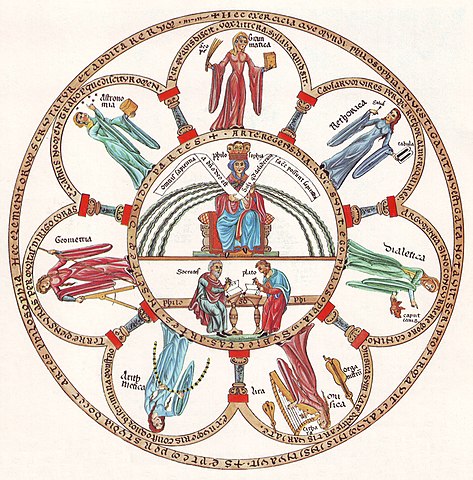
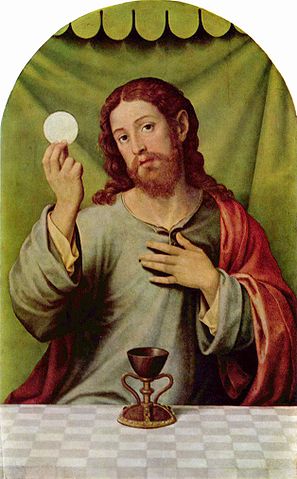
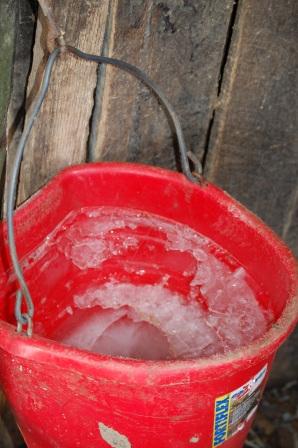
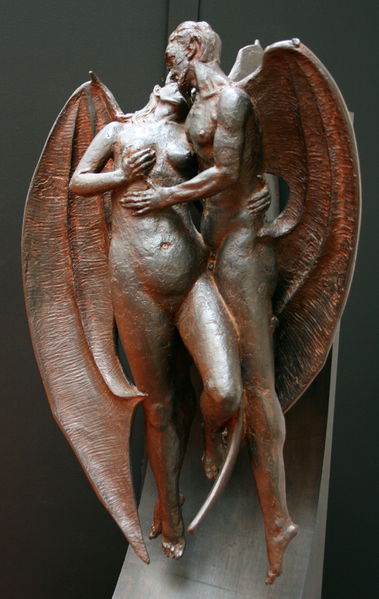
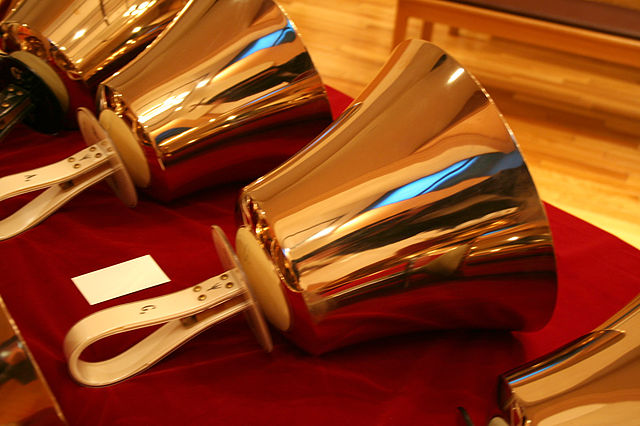


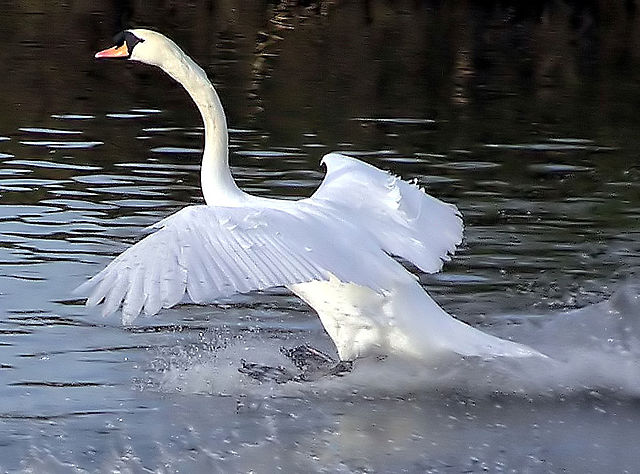

Commentary for Exeter Riddles 1-3
MEGANCAVELL
Date: Thu 21 Mar 2013Matching Riddle: Exeter Riddle 1
Riddles 1 to 3 are quite clearly thematically linked, and it is because of this that they have also been read as one very long riddle (especially because Riddle 2 and the sections of Riddle 3 begin with the same word: Hwilum (sometimes)). This, of course, throws off the riddle numbering system (which you should note is an editorial practice and does not appear in the Exeter Book manuscript). For this website’s purposes, we’re sticking to the old school riddle numbering (i.e. the one in Krapp and Dobbie’s edition – see the About the Exeter Book page for more on this) because this is the system most online riddle resources use.
As for solutions (1), you may have noticed that the same ones crop up for each of the three related riddles. They are all commonly solved as Storm or Wind, but this doesn’t come close to covering all the potential solutions (scholars like to disagree). Other suggestions include Atmosphere, Power of Nature, Sun (esp. for riddles 2 and 3) and all manner of different types of storms (including Apocalyptic Storm, Hurricane, Earthquake, Storm at Sea and Thunderstorm). Riddle 1 has also been solved as Fire and Raiding Party or Army, while Riddle 2 has been solved as Anchor and Riddle 3 as Revenant. In addition to the stormy weather solutions, another trend can be seen throughout the riddles and that relates to religion. This is unsurprising considering the Exeter Book was donated to a cathedral library by a bishop – in fact, most early English literature has a strong religious connection because of the structure of this society and its scribal culture (think monasteries!). So, this religious trend has resulted in the following solutions: Riddle 1 as God, Riddle 2 as Christ and Riddle 3 as Cross, Spirit and Supernatural Force.
Having read a good chunk of Old English poetry, it seems pretty clear that each of the three riddles does possess religious connotations. All this talk of leaders controlling the destructive action of whatever þrymful þeow (powerful servant) is narrating definitely signals a divine entity. In fact, these poems echo in some ways the verse lines of the Old English translation of Boethius’ Consolatione philosophiae (Consolation of Philosophy). A section from Metre 20 (lines 63-74), which deals with the elements, reads:
Habbað þeah þa feower frumstol hiora,
æghwilc hiora agenne stede,
þeah anra hwilc wið oðer sie
miclum gemenged and mid mægne eac
fæder ælmihtiges fæste gebunden,
gesiblice, softe togædre
mid bebode þine, bilewit fæder,
þætte heora ænig oðres ne dorste
mearce ofergangan for metodes ege,
ac [geþweorod] sint ðegnas togædre,
cyninges cempan, cele wið hæto,
wæt wið drygum, winnað hwæðre. (2)
(Nevertheless each of the four have their proper station, their own place, although each of them may be greatly mixed with the other and also, by the might of the almighty father, bound fast, peaceably, gently together by your decree, merciful father, so that none of them dared to go over the other’s boundary because of fear of the lord, but the retainers are made to agree, the champions of the king, cold with heat, wet with dry, yet they compete.)
Rambunctious elements! Photo (by Terry Lucas) from Wikimedia Commons (licence: CC BY 3.0).
The rest of the poem goes on to discuss God’s control over the elements, which is again mentioned in relation to binding a hundred lines later:
Hafað fæder engla fyr gebunden
efne to þon fæste þæt hit fiolan ne mæg
eft æt his eðle þær þæt oðer fyr
up ofer eall þis eardfæst wunað. (153-56)
(The father of angels has bound fire precisely so fast that it may not return to its homeland where that other fire, up over all this, remains firmly fixed.)
Riddle 3’s focus on confinement in particular maps nicely onto this Boethian vision of the cosmos. It’s also noteworthy that Riddles 2 and 3 end with a similar challenge to the listener: the riddler not only asks what is narrating the poem, but also what is controlling the speaker:
Saga, þoncol mon,
hwa mec bregde of brimes fæþmum,
þonne streamas eft stille weorþað,
yþa geþwære, þe mec ær wrugon. (12b-15)
(Say, thoughtful one, who draws me from the depths of the ocean, when the streams become still again, obedient the waves, which earlier concealed me.)
and
Saga hwæt ic hatte,
oþþe hwa mec rære, þonne ic restan ne mot,
oþþe hwa mec stæðþe, þonne ic stille beom. (72b-4)
(Say what I am called, or who raises me, when I may not rest, or who stays me, when I am still.)
Although Riddle 1 doesn’t end this way, it does include a reference to the powers that control it:
heahum meahtum
wrecen on waþe, wide sended (10b-11).
(pressed into wandering / by the powers on high, sent afar).
This all seems to suggest that the solution calls for a master-servant duo. And so, perhaps God and the Elements (or in Old English: God ond þa Feower Gesceafta) would make a nice solution for all three of these poems. Of course, the poet seems to prefer the destructive aspect of each element…but without central heating, this isn’t particularly surprising!
(1) For a convenient list of solutions and solvers, see Donald K. Fry’s article, “Exeter Book Riddle Solutions,” Old English Newsletter 15.1 (1981), pp. 22-33, although unfortunately and for obvious reasons it does not take into account suggested solutions after 1981.
(2) These lines are quoted from the brilliant, new-ish edition by Malcolm Godden and Susan Irvine, The Old English Boethius: An Edition of the Old English Versions of Boethius’s De Consolatione Philosophiae, 2 volumes (Oxford: Oxford University Press, 2009). The translations, along with this post, are by Megan.
Tags: anglo saxon exeter book riddles old english solutions riddle 1 riddle 2 riddle 3
Related Posts:
Exeter Riddle 2
Exeter Riddle 3